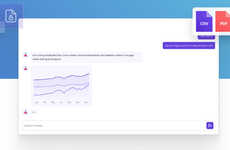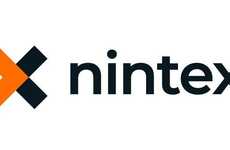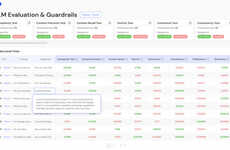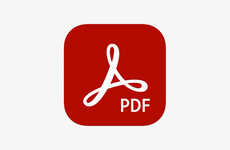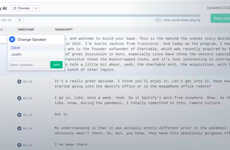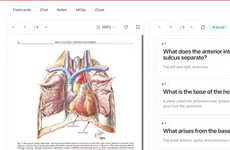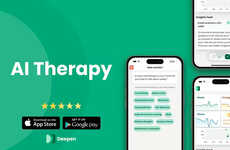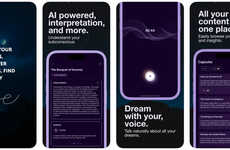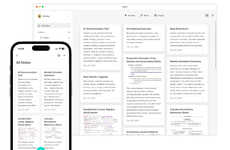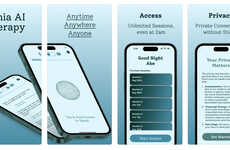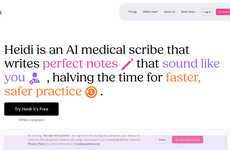
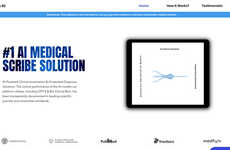
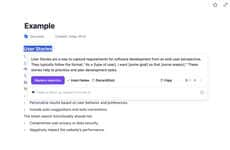

AI tools are used in healthcare to automatically record patient information
Trend - Companies are launching Artificial Intelligence (AI)-powered scribes for the healthcare industry. These AI scribes automate the process of recording verbalized information from the patient and the charting, organizing, and preserving of important details—saving time for healthcare professionals.
Insight - Even in the post-covid world in North America, there is a persistent shortage of healthcare professionals leading to many being overworked. These working conditions reduce the amount of time allotted to each patient, and could potentially lead to some more menial tasks not receiving adequate attention. In recognition of these challenges, companies are launching AI tools and assistants specifically designed to perform documentation-related tasks, such as notetaking and charting patient data.
Insight - Even in the post-covid world in North America, there is a persistent shortage of healthcare professionals leading to many being overworked. These working conditions reduce the amount of time allotted to each patient, and could potentially lead to some more menial tasks not receiving adequate attention. In recognition of these challenges, companies are launching AI tools and assistants specifically designed to perform documentation-related tasks, such as notetaking and charting patient data.
Workshop Question - How could your business utilize AI assistants to streamline its day-to-day workflow?
Trend Themes
1. AI Healthcare Automation - AI-powered solutions like Mediscribe are increasingly utilized in healthcare to reduce burnout and improve efficiency by automating documentation tasks.
2. Time-saving AI Scribes - Innovative tools such as Heidi AI are streamlining documentation in healthcare by capturing and documenting patient encounters, allowing practitioners to focus more on patient care.
3. AI Document Assistants - Advanced AI platforms like Docuopia are revolutionizing document creation by enhancing phrasing, tailoring content, and retrieving relevant information, thus increasing writing efficiency.
Industry Implications
1. Healthcare Technology - The integration of AI-powered medical scribes reflects a shift towards more efficient healthcare systems, minimizing administrative tasks for professionals.
2. Artificial Intelligence - AI's role in automating repetitive and time-consuming tasks presents significant innovations in multiple sectors, including documentation and data management.
3. Software Development - The development of AI-driven document assistants showcases how software can evolve to offer enhanced productivity tools across varied professional landscapes.
